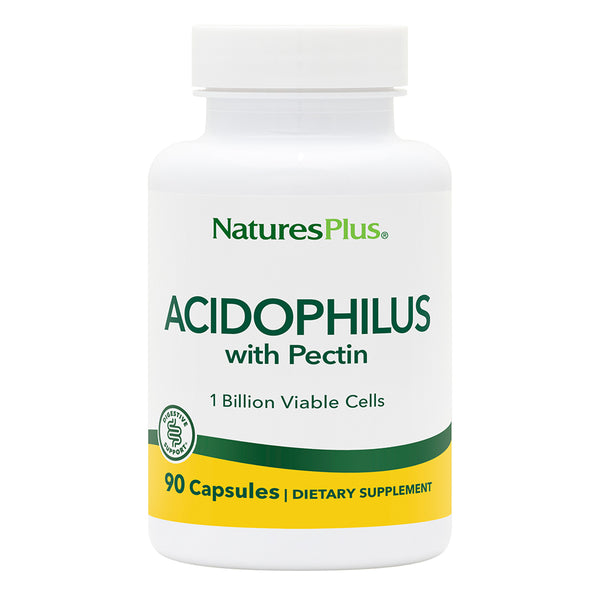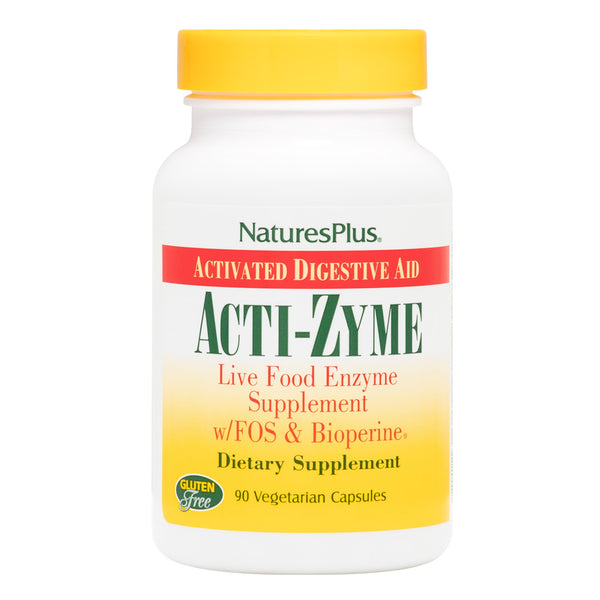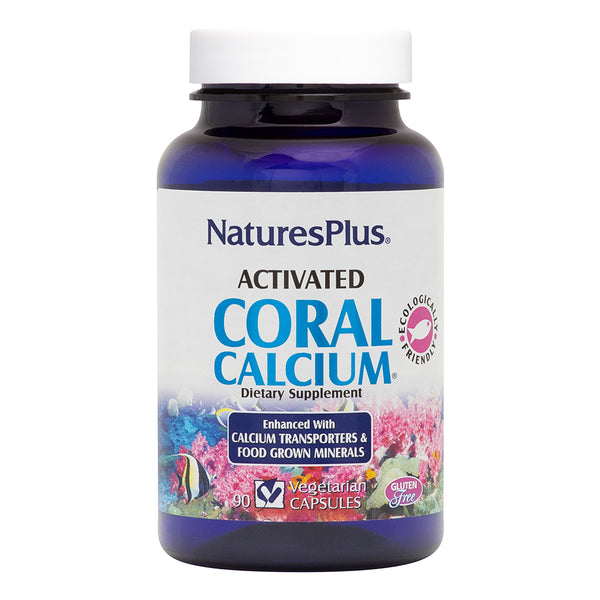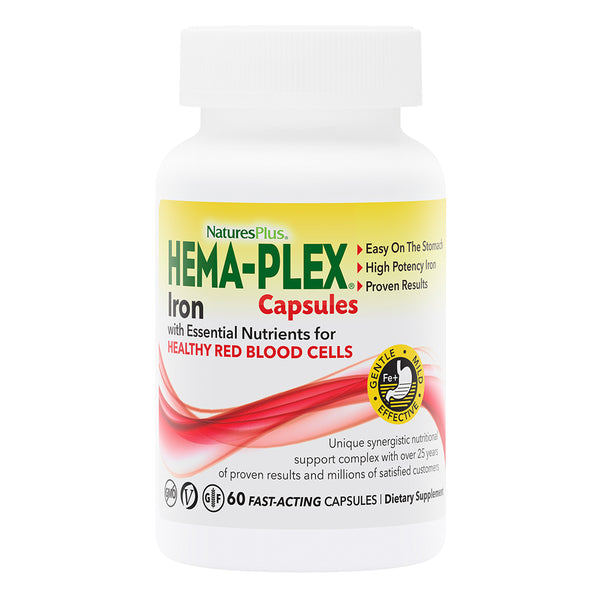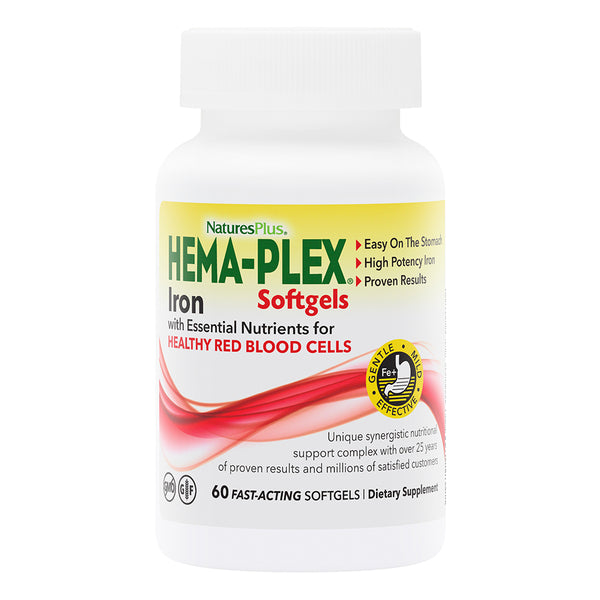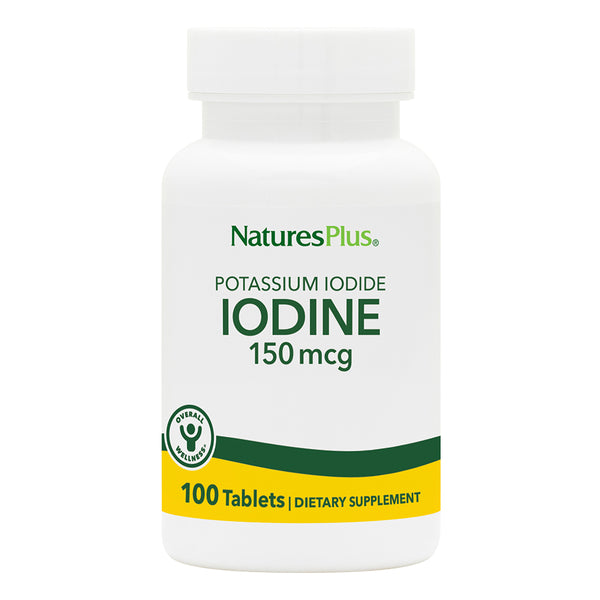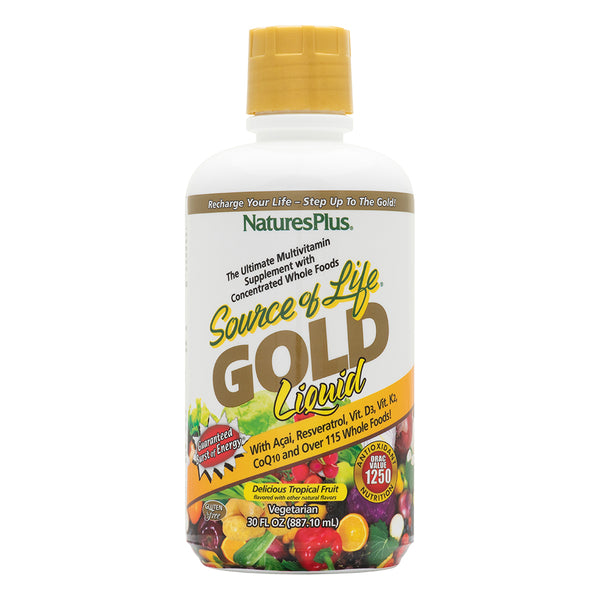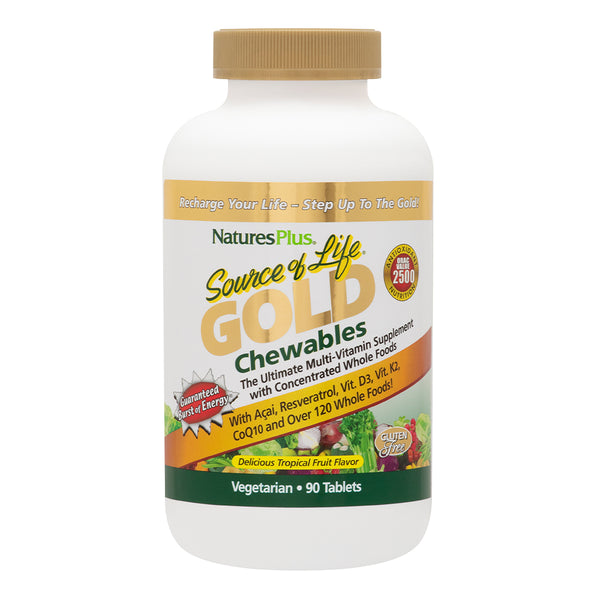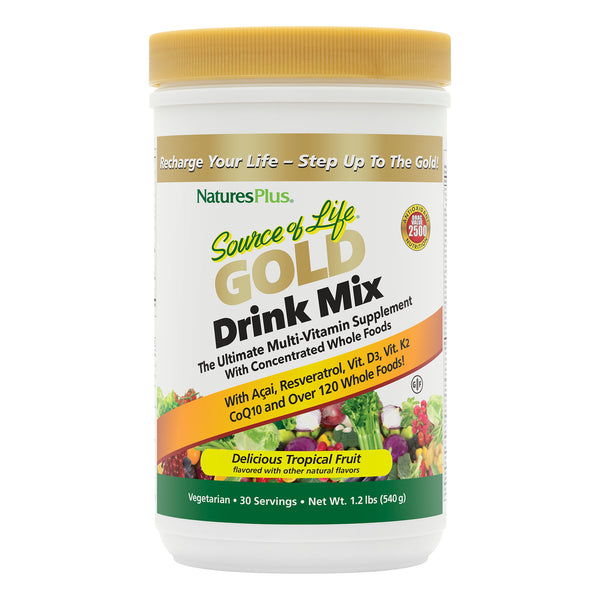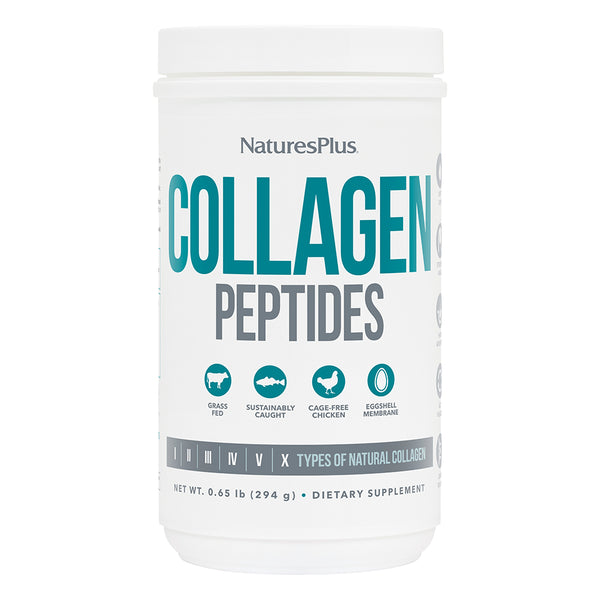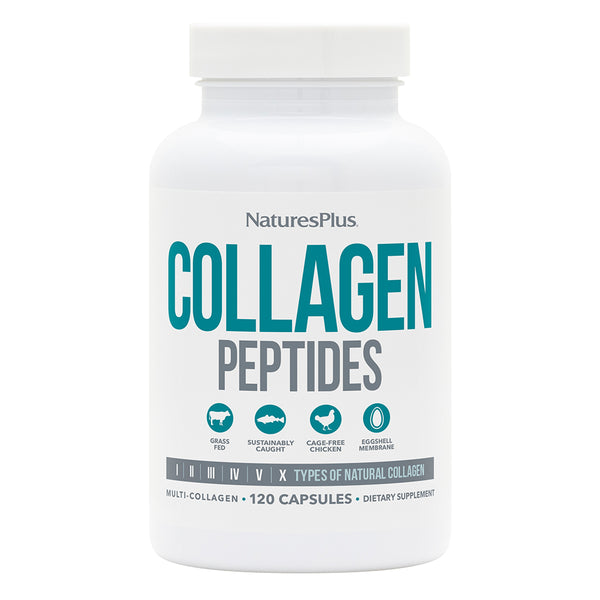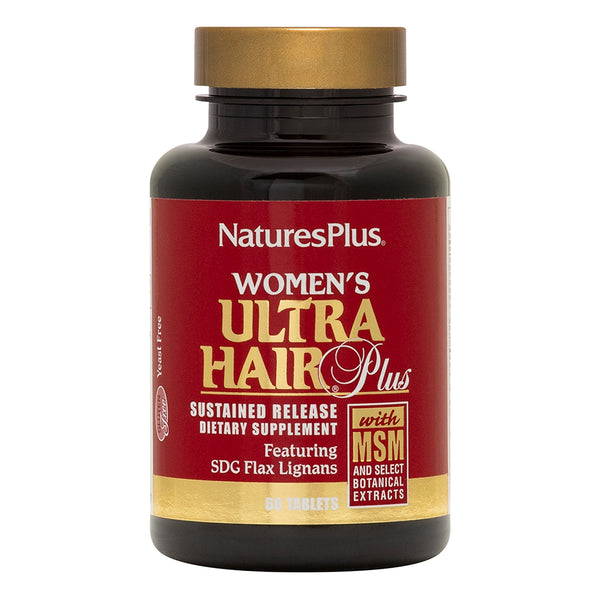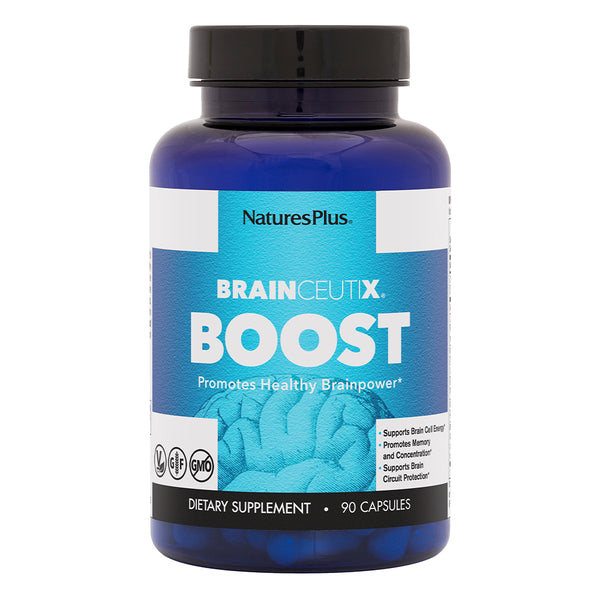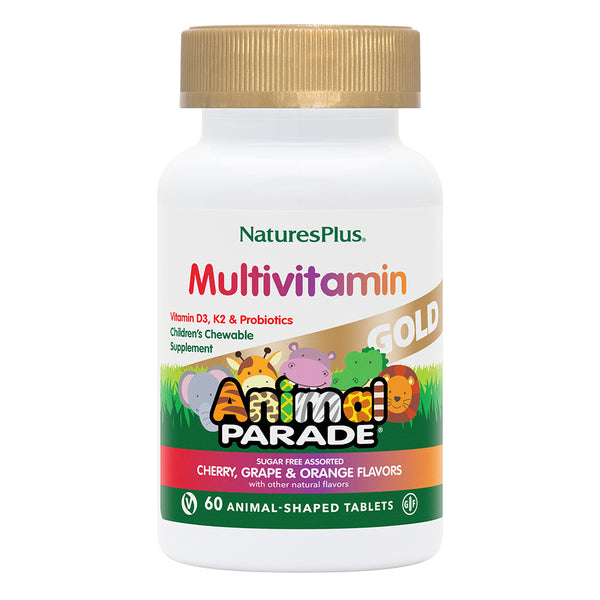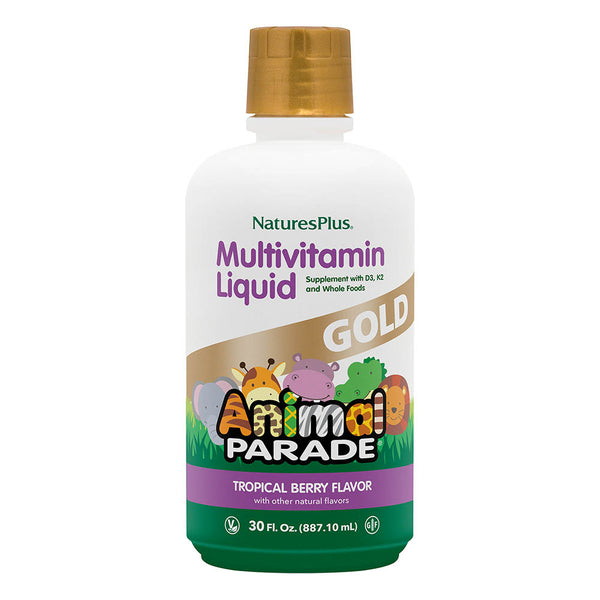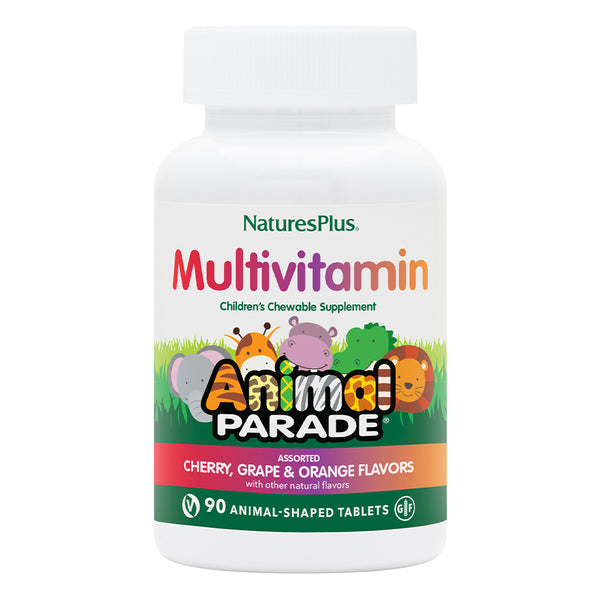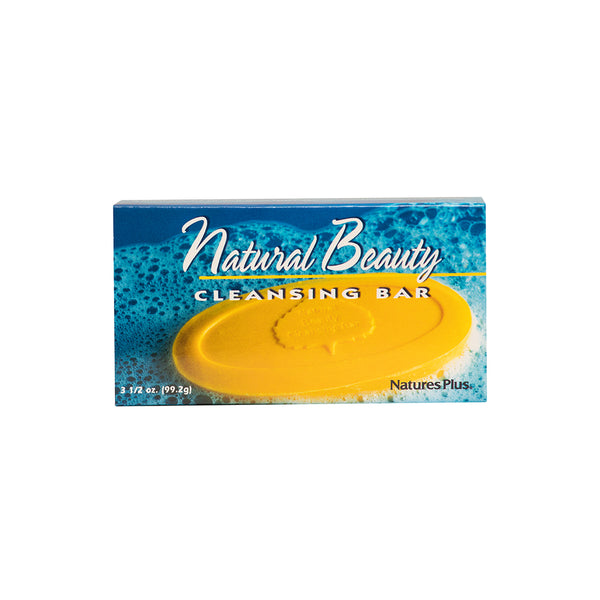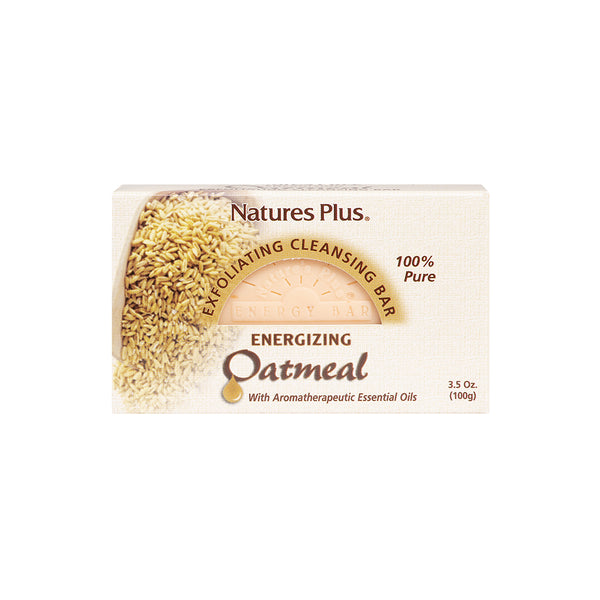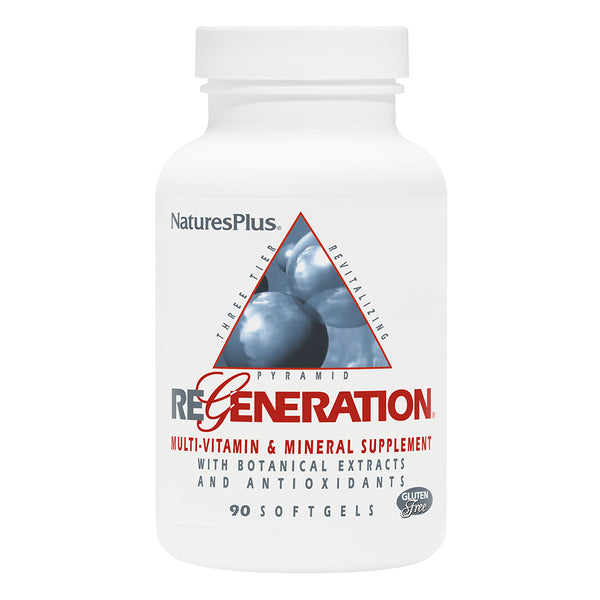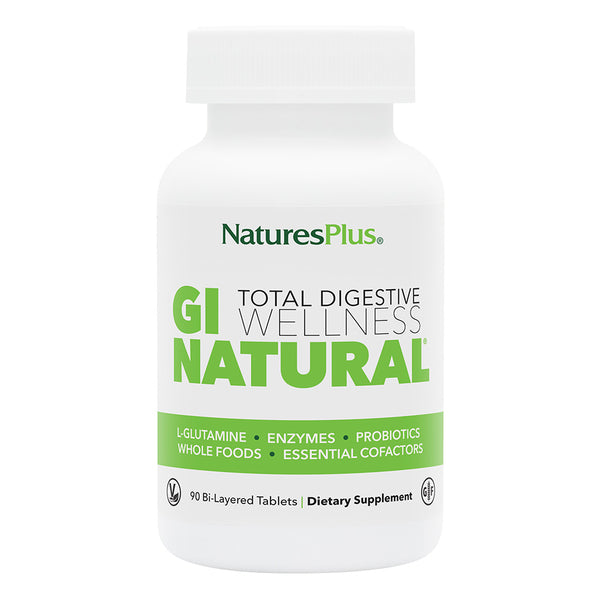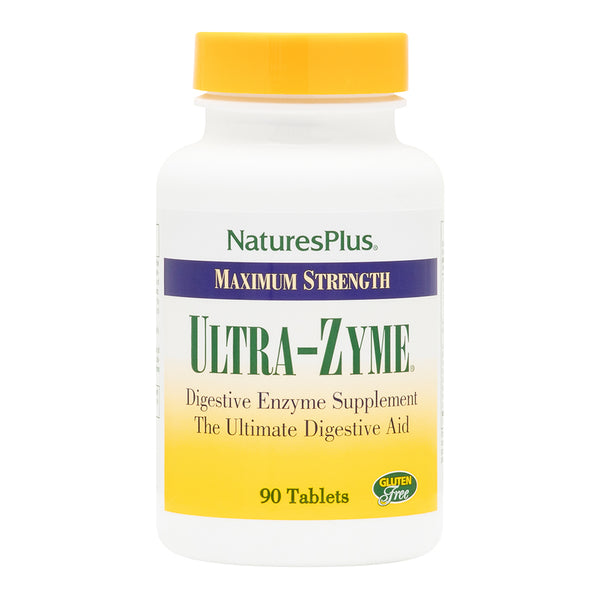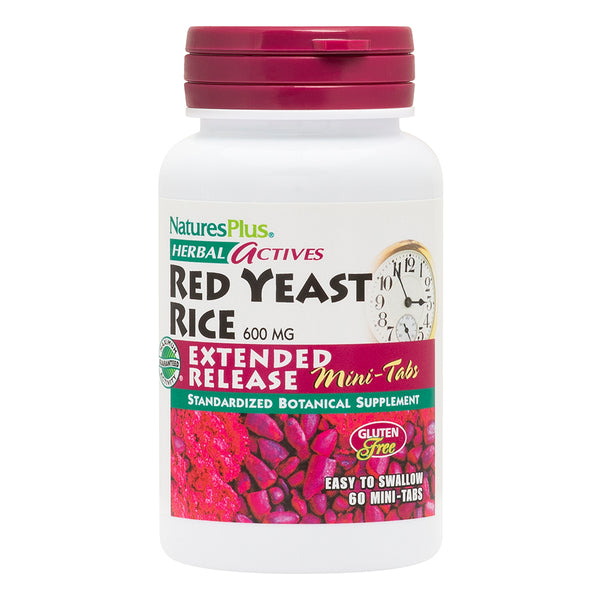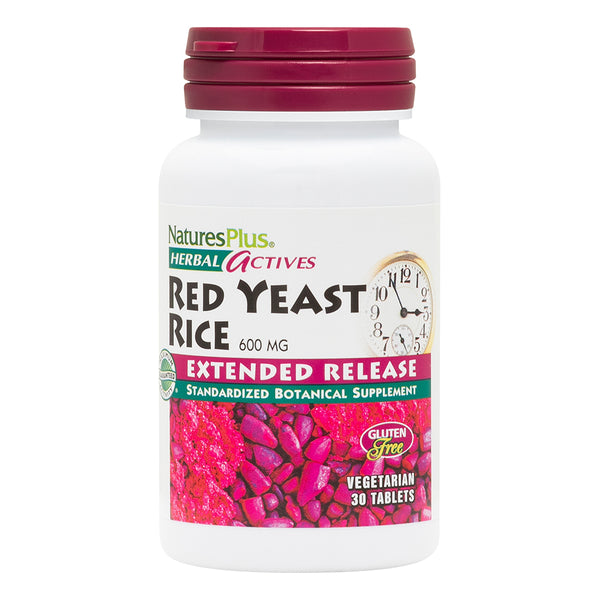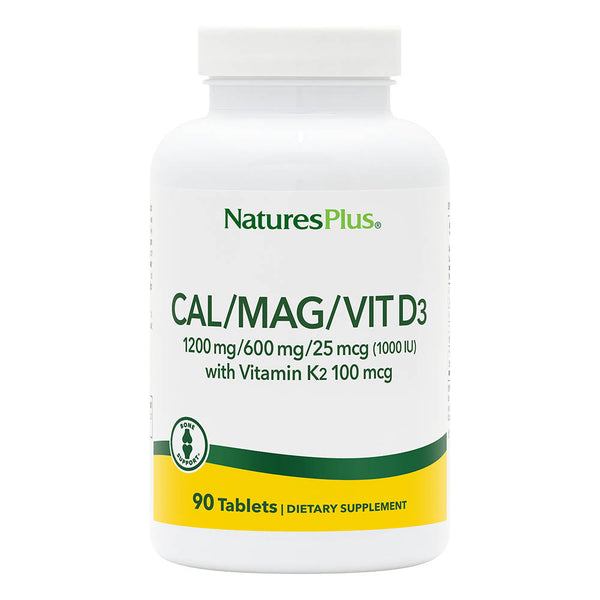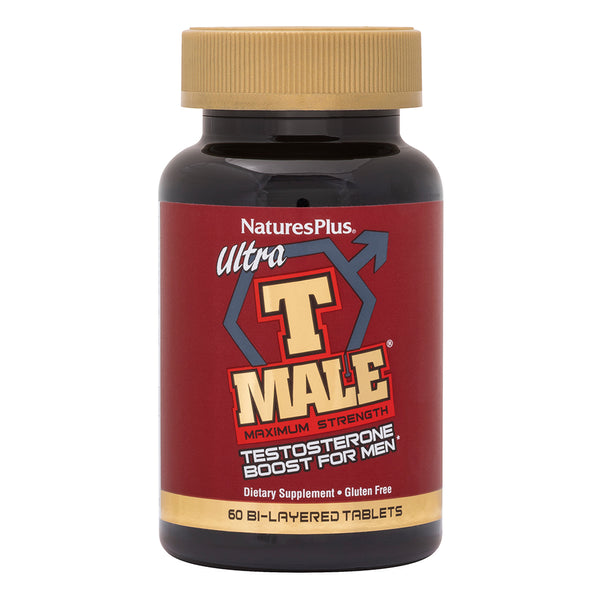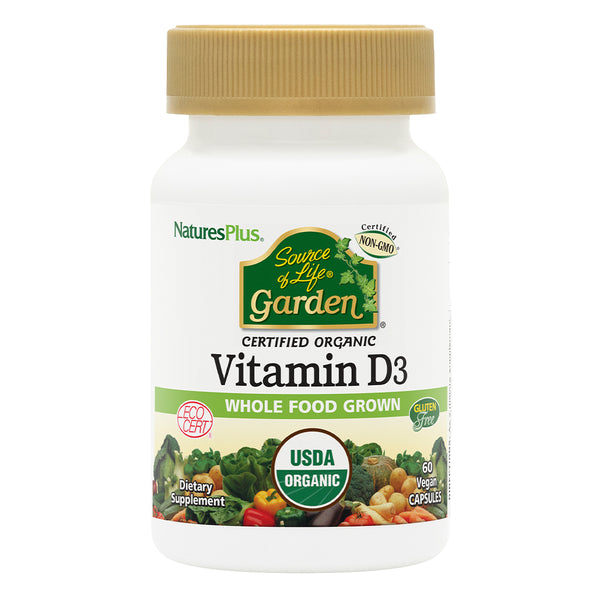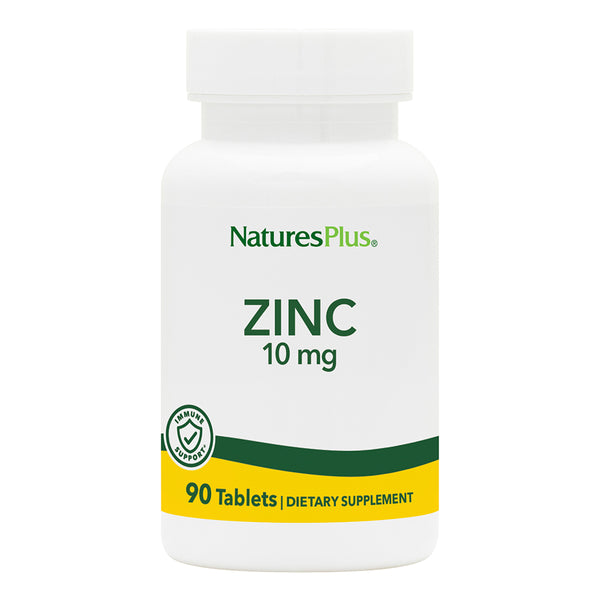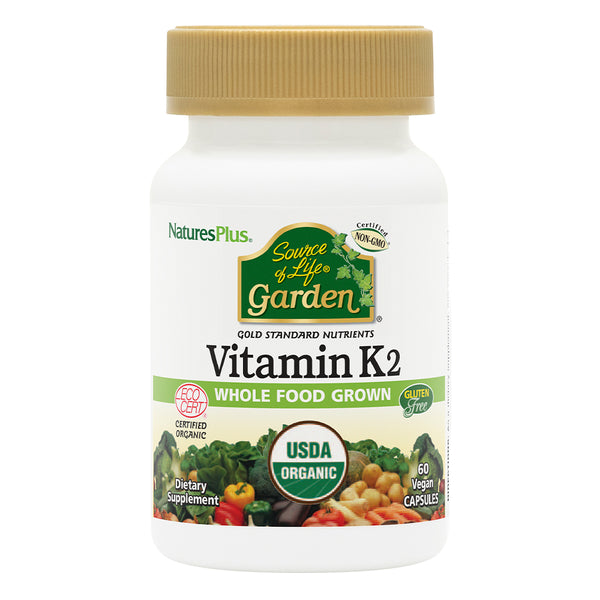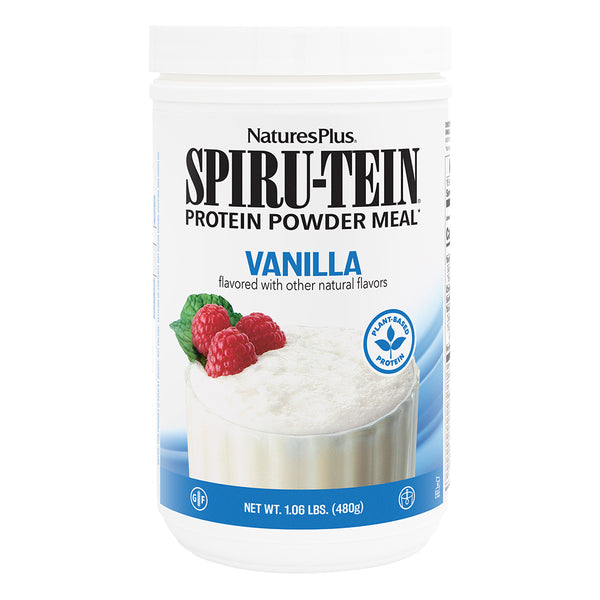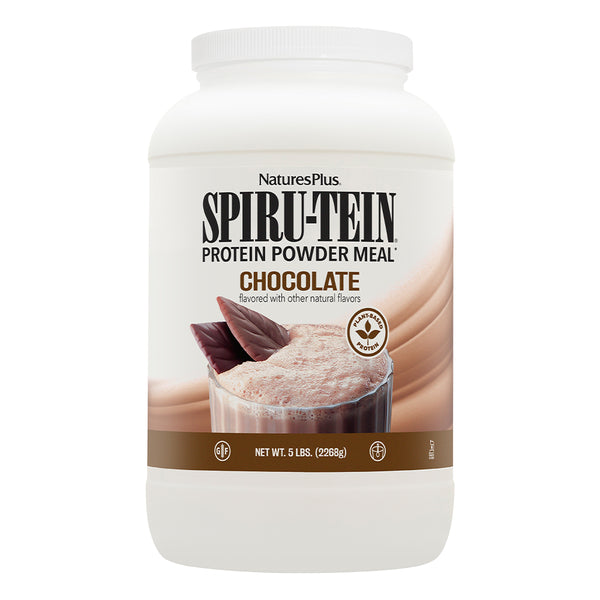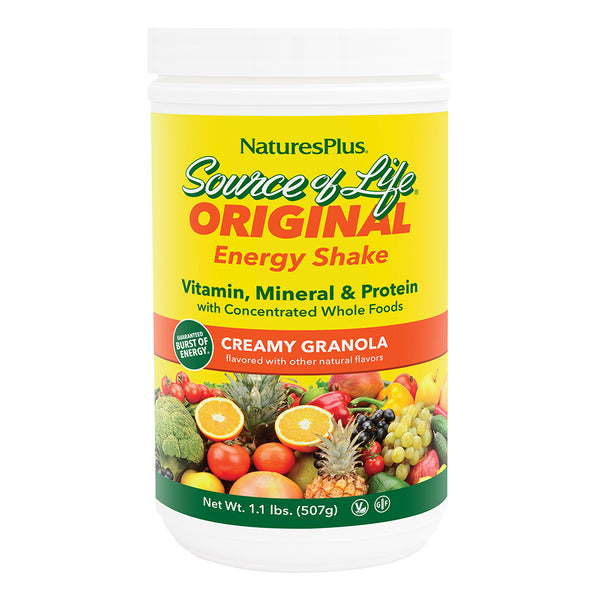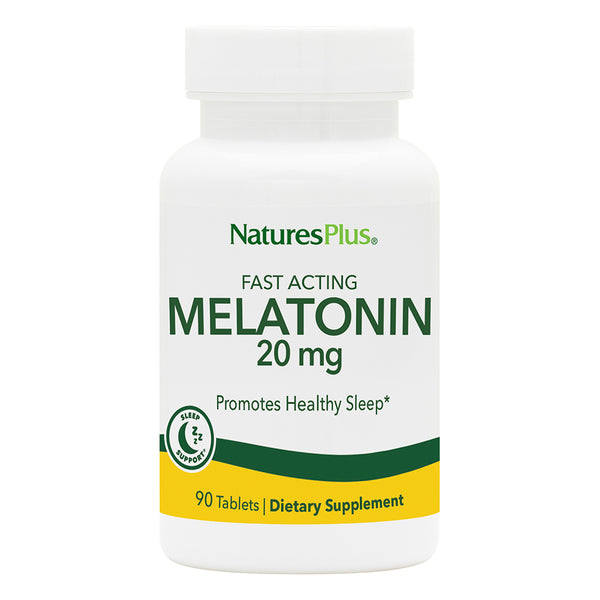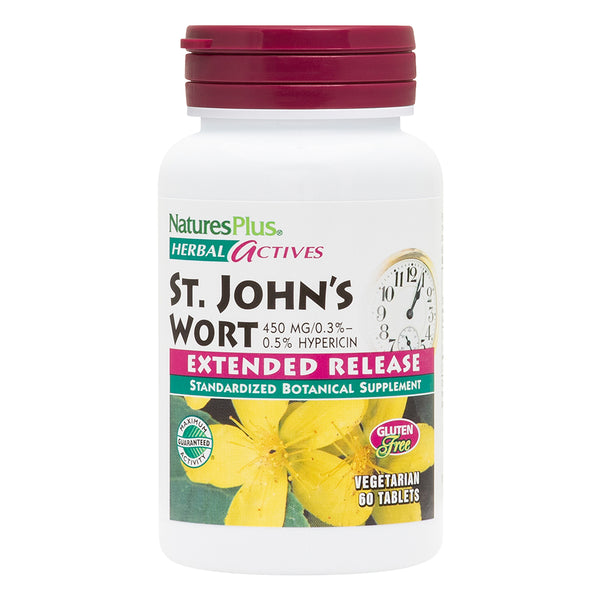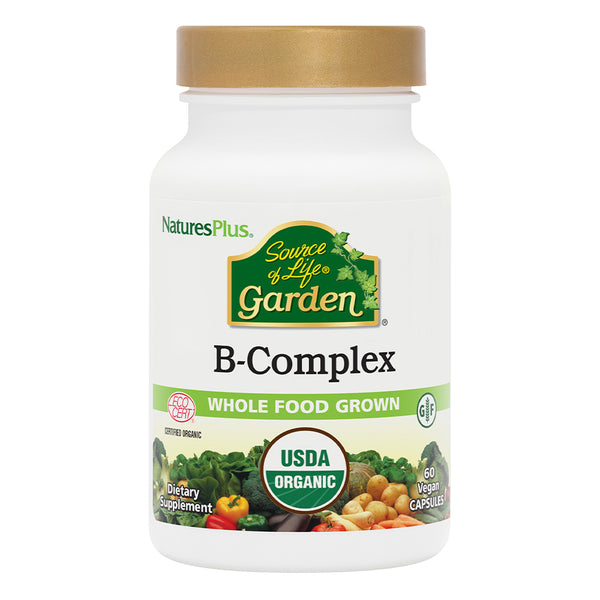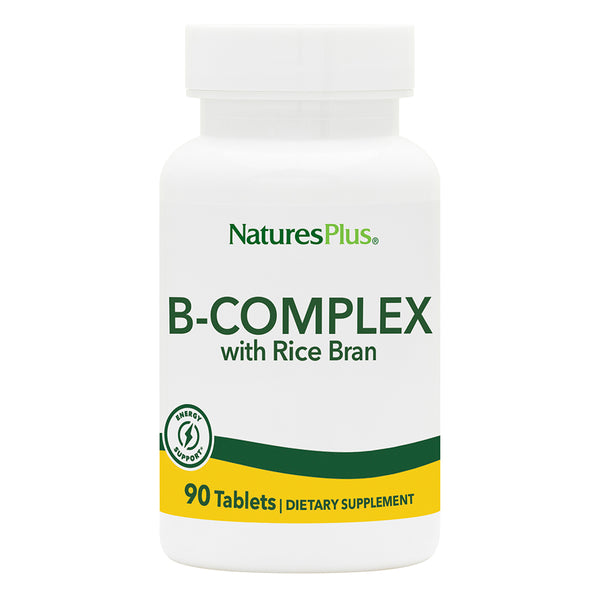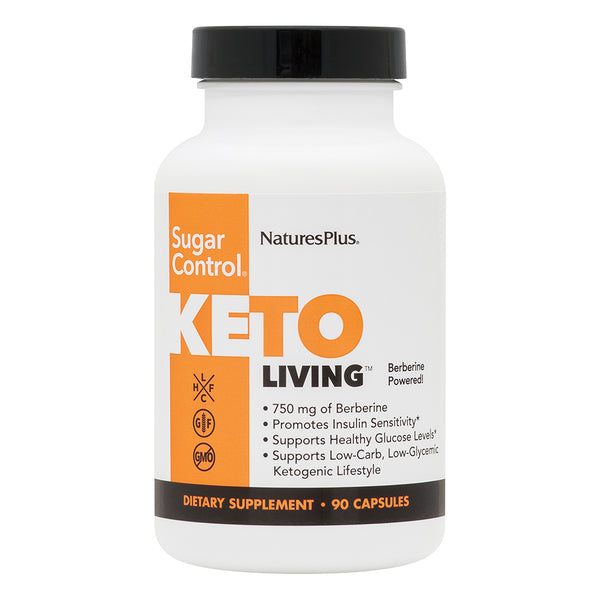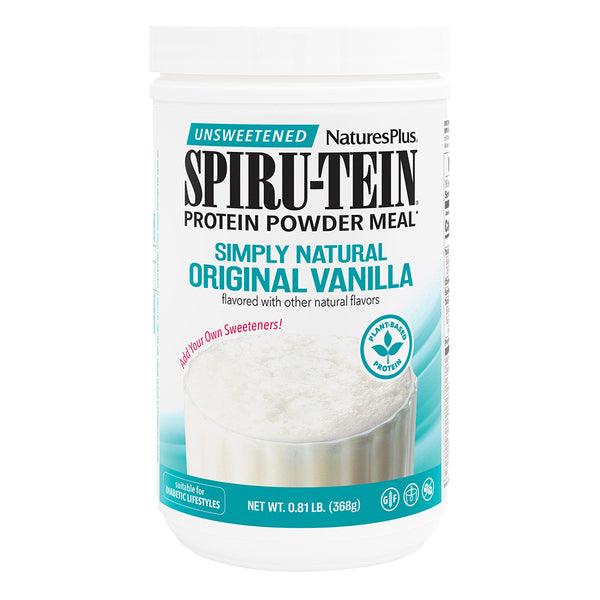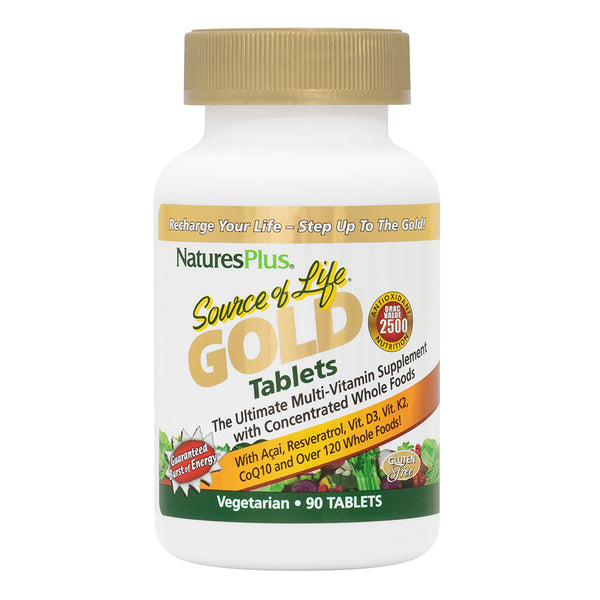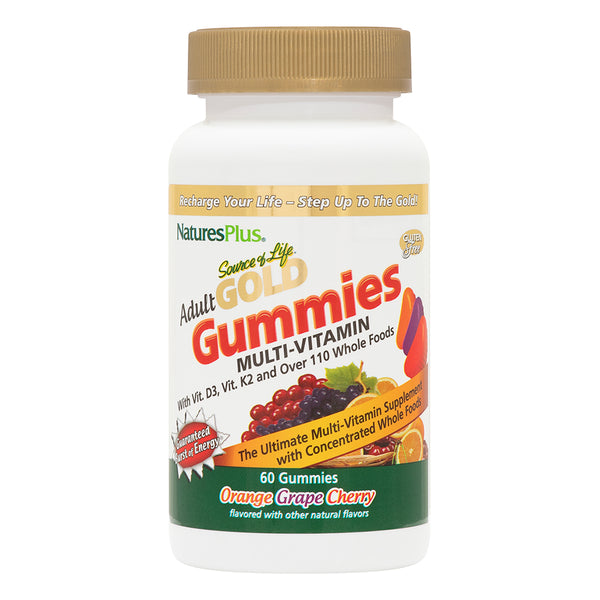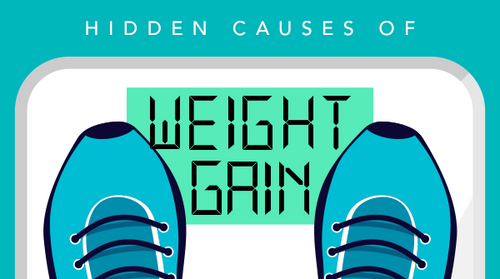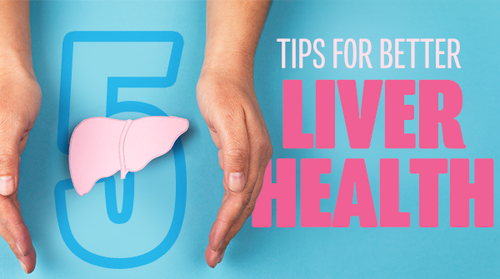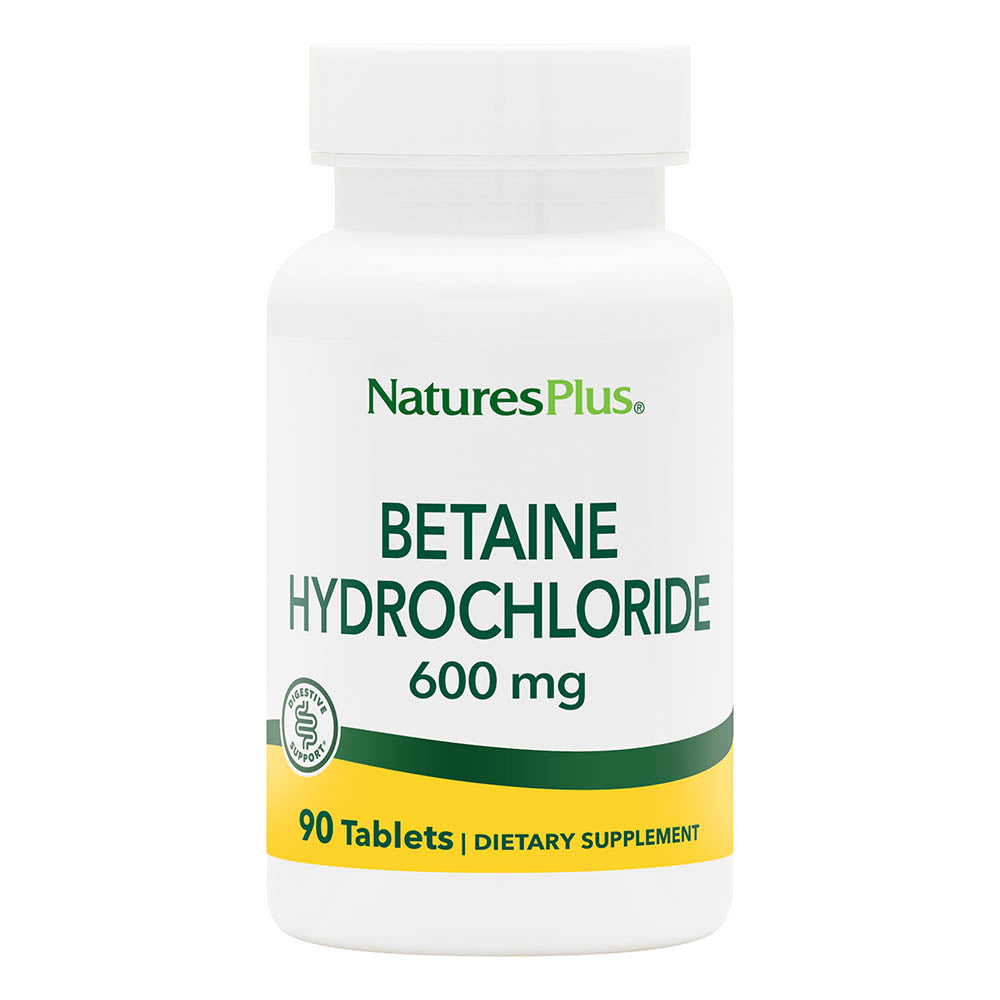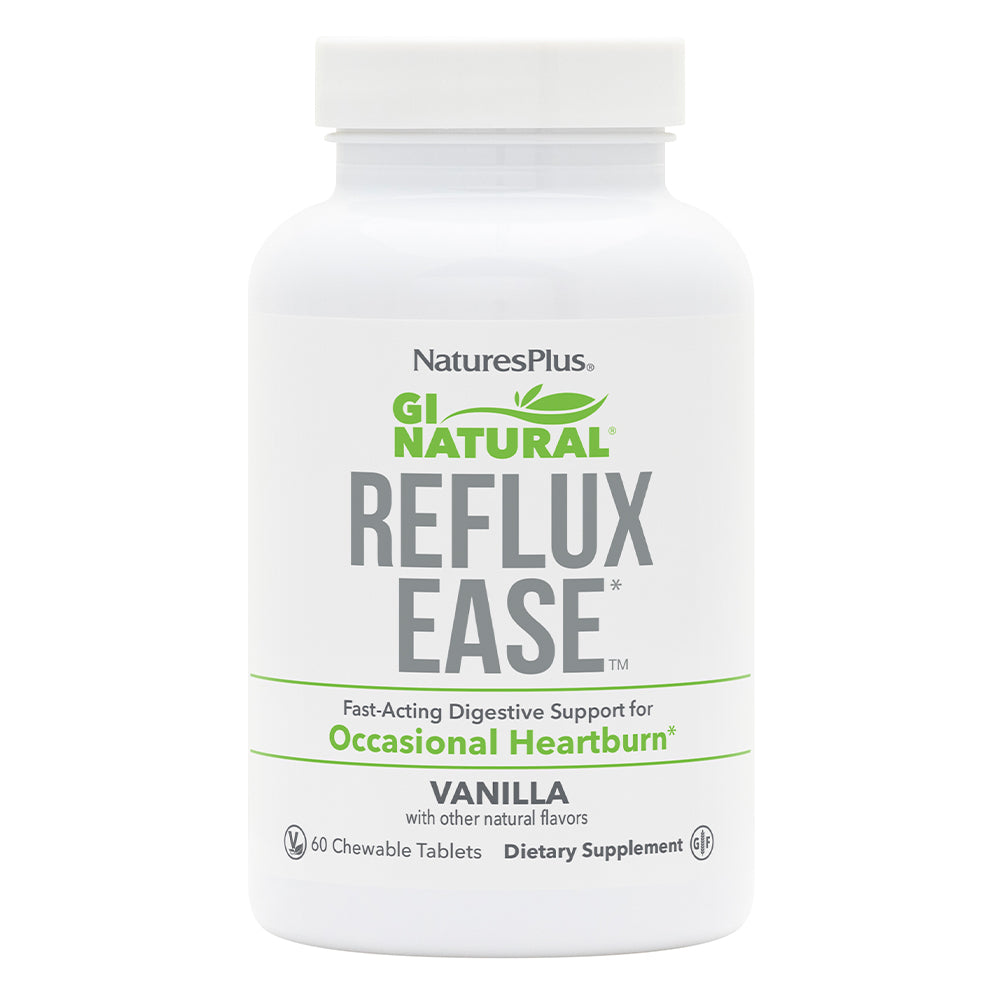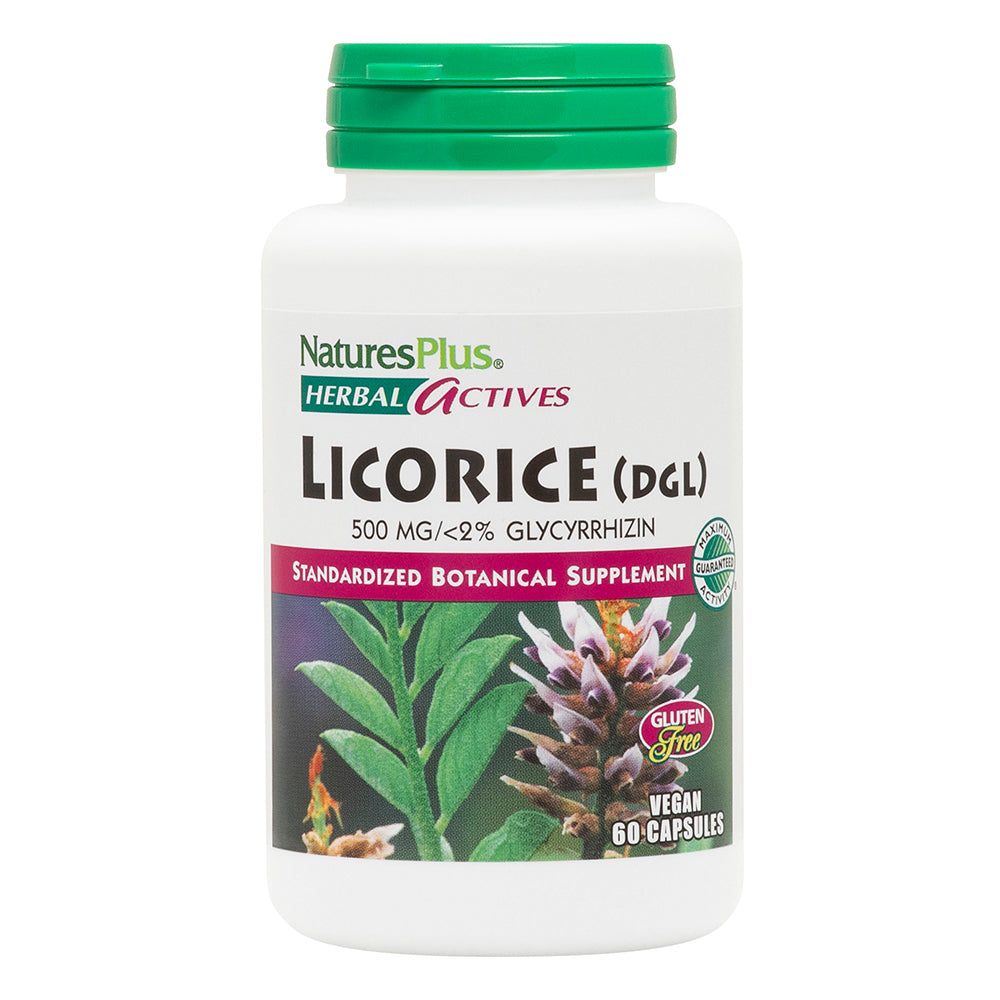When we eat, we like our food to stay on its natural course of digestion. Sometimes, though, it doesn’t work that way...and gastric reflux can occur.
“Reflux refers to when whatever is in your stomach, often something acidic, flows backwards up into the esophagus and causes trouble in the process,” says gastroenterologist Will Bulsiewicz, MD, author ofFiber Fueled (Avery).
Reflux can show up in many ways. “The classic symptom of reflux is heartburn, but one could also have a sour taste in the throat, regurgitation of food, difficulty or pain with swallowing, chest tightness, cough, nausea, hiccups, sore throat, voice change or wheezing,” notes Bulsiewicz.
Reflux-Inducing Foods
What shouldn’t you eat if you’re prone to reflux?
Bulsiewicz offers a simple notion: “The general rule is that if the food is fun, you probably shouldn’t be eating it.” He adds that you should limit spicy, acidic, fried and high-fat foods, and “of course, alcohol and tobacco should be avoided. Chocolate can exacerbate reflux for some.”
Other foods you should steer clear of are white flour, bread, pasta, pizza, onions, peppermint and citrus, according to Inna Lukyanovsky, PharmD, FASCP, author of the self-publishedDigestive Reset. She also recommends avoiding carbonated drinks, cooked tomato sauce (especially the canned variety) and foods that are sugary or salty.
Foods That Can Help Ease Reflux
On the other hand, “some foods can feel comforting and are used to help with reflux,” says Lukyanovsky.
Bananas, for example, are a low-acid fruit that “can help those with acid reflux by coating an irritated esophageal lining,” Lukyanovsky says. “Green vegetables are a great option since they are naturally alkaline foods.” Some people find that oatmeal helps, while others feel better eating yogurt.
In general, eating more plants is a good idea. Bulsiewicz citesone study which “found that a plant-based diet was as effective as medication for the treatment of acid reflux.”
Fighting Reflux with Fiber
One advantage of a plant-based diet: It’s full of fiber.
“To prevent and reverse acid reflux, we want more fiber, and the best place to get it is from whole plant foods: fruits, vegetables, whole grains, seeds, nuts and legumes,” says Bulsiewicz.
What’s more, onestudy showed that consuming 5 grams of psyllium husk three times a day not only improved acid reflux but also led to better esophageal function and reduced acid exposure.
“We live in a society where 97% of us aren’t getting the minimal daily standard for fiber,” Bulsiewicz notes.
Other Ways to Prevent Reflux
One of the most important actions you can take to prevent reflux is to have an early dinner—four hours before bedtime, if possible, according to Bulsiewicz. While eating, Lukyanovsky suggests chewing your food slowly.
What’s more, Lukyanovsky cautions, “Do not skip breakfast. Coffee is not breakfast.”
Exercise can also help. Lukyanovsky recommends spinal twists “to help with peristalsis and the digestive process.” She notes that walking before meals can help with reflux issues, but don’t walk or exercise immediately after eating.
Lukyanovsky also advocates doing yoga for stress relief; breathing exercises and meditation may also help in that regard.
When it’s time to go to sleep, Bulsiewicz says that “elevating the head of the bed can be of some benefit. Usually propping up on pillows isn’t enough; you have to actually wedge under the mattress to get the elevation necessary so that gravity plays in your favor.”
IMPORTANT DISCLAIMER
The information in this blog is provided for educational purposes only and is not a substitute for consultation with a doctor or qualified healthcare professional. Consultation with a doctor or qualified healthcare practitioner is strongly advised, before starting any regimen of supplementation, a change in diet or any exercise routine. Individuals who engage in supplementation to promote health, address conditions or support any structure or function of the body assume all risks. Women who are pregnant, especially, should seek the advice of a medical doctor before taking any dietary supplement and before starting any change in diet or lifestyle. Descriptions of herbs, vitamins, nutrients or any ingredients are not recommendations to take our products or those of any other company. We are not doctors or primary-source science researchers. Instead, we defer to the findings of scientific experts who conduct studies, as well as those who compile and publish scientific literature on the potential health benefits of nutrients, herbs, spices, vitamins or minerals. We cannot guarantee that any individual will experience any of the health benefits associated with the nutrients described. Natural Organics will not be held liable for any injuries, damages, hindrances, or negative effects resulting from any reliance on the information presented, nor will Natural Organics be held accountable for any inaccuracy, miscalculation or error in the scientific literature upon which the information provided is based.
Like this article? You’ll love our weekly newsletter
sign up here!
**These statements have not been evaluated by the Food and Drug Administration. This product is not intended to diagnose, treat, cure or prevent any disease.
